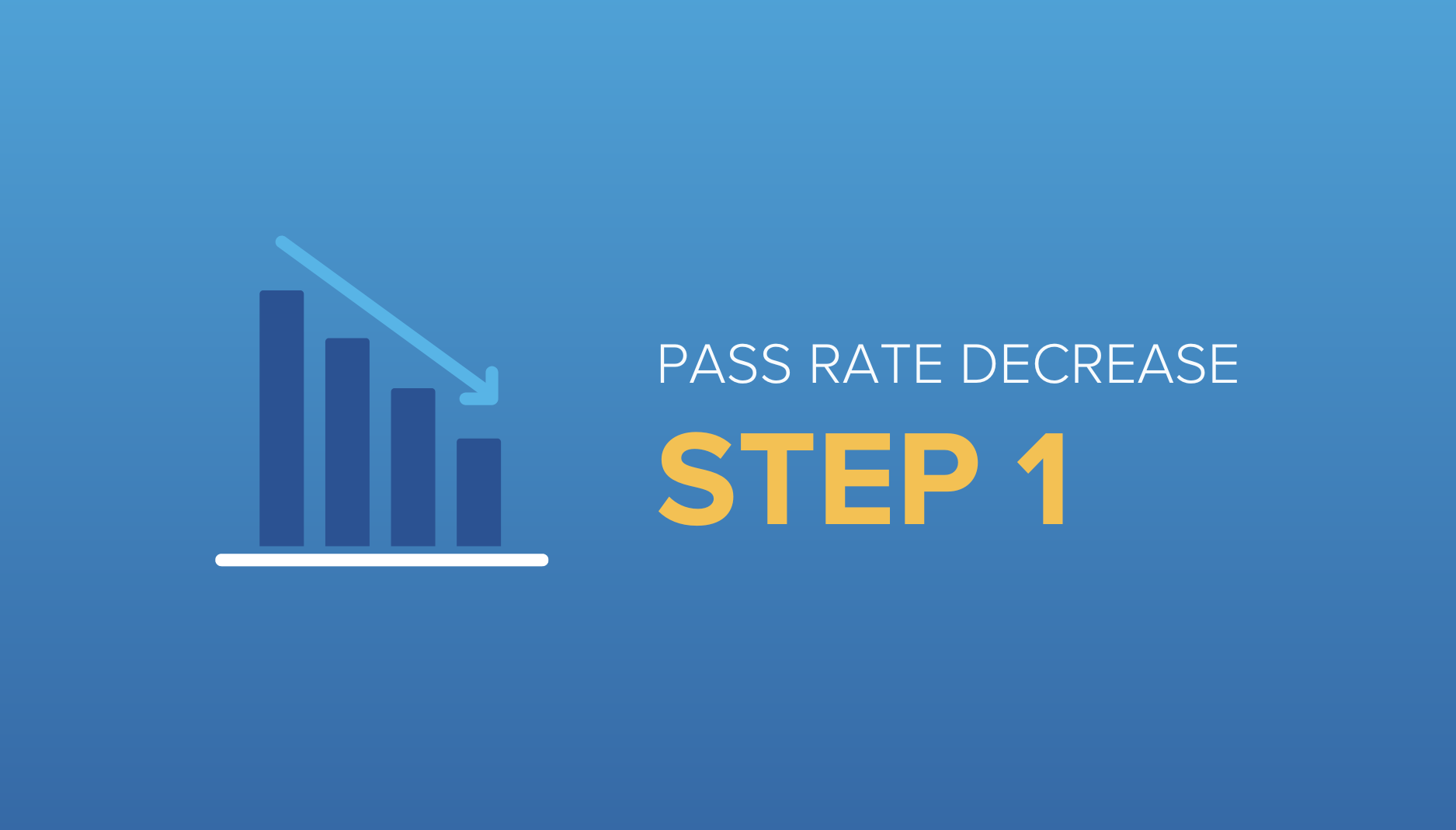The Internet has created unprecedented avenues for medical students and physicians to communicate rapidly, share information, and connect with countless individuals via a few clicks and keystrokes. Engaging on social media platforms not only supports personal expression, it empowers individuals to establish a professional online presence. Social media can be used to foster camaraderie within the medical community, facilitate the spread of public health messages, and combat the ever-growing threat of medical misinformation.
But of course, there is a dark side to the internet, and the surge of social media sites may also present challenges to a young doctor’s journey. Navigating this terrain requires careful consideration as you manage your online presence to maintain a professional image, not only for your patients but for those who will be evaluating you at each stage of your career. The way you present yourself in the digital age truly does matter, and in this post, we’ll examine six things doctors and medical students need to keep in mind when it comes to their online presence.
1. Digital Footprints are Permanent.
It’s important to understand that what goes online stays online, often indefinitely. Even if you delete a post or a comment, there’s a chance it’s already been archived or captured by someone else.
As a doctor in training, your online behavior reflects your character and can have implications for your future career prospects. So, think twice before posting anything that could potentially compromise your professional image. Keep in mind that you are at the very beginning of your career, and what you believe now can change dramatically in the future. What would a “future you” have to say about what you’re posting?
2. Professionalism Extends Online.
As a medical professional, your online presence is judged by a different set of standards. Just as you would present yourself professionally in a hospital or clinic, the same standards apply online. Your profile picture, usernames, and content should align with the values and ethics of the profession. Avoid using offensive language, sharing inappropriate content, or engaging in heated online debates. Remember that you are a representative of the medical community even in the digital space. Plus, you never know who will see your content. It could be a patient or residency interviewer that doesn’t share your opinions and may even be offended by what you’ve posted.
3. Privacy Settings and Boundaries
Understanding the privacy settings on different social media platforms is crucial. Utilize these settings to control who can see your content. However, don’t fall into a false sense of security—it’s always best to assume that anything you post could become public.
Additionally, establish personal boundaries regarding the type of content you share. Avoid posting sensitive patient information or discussing specific cases, even when steps are taken to conceal the patient’s identity. Upholding patient confidentiality is paramount. If you are in doubt about posting something regarding a patient, play it safe and don’t make a decision that could have major repercussions like violating HIPAA.
4. Consider Your Audience.
As a student or resident, you’re not only engaging with your peers but also with patients, mentors, and potential employers when you go online. Before posting, think about how your content might be perceived by different groups. Strive for a balance between sharing your personal experiences and maintaining a professional demeanor.
Remember, you’re building a brand that encompasses both your medical expertise and your personal character. Staying objective rather than opinionated is always a safe option, so focus on science and evidence just like you would with a medical decision.
5. Engage Positively and Respectfully.
Online interactions can be insightful and educational, but they can also become contentious and emotionally charged. When engaging in discussions or debates, do so respectfully. Disagreements can be handled constructively, fostering a learning environment rather than a hostile one.
It should go without saying, but absolutely avoid personal attacks or derogatory language at all costs. Like I said, people in medicine are held to a different standard than those who aren’t doctors or doctors in training.
6. Curate Your Online Presence.
Consider curating your online presence to highlight your medical journey, achievements, and interests. Share your participation in conferences, workshops, and medical projects. Showcase your commitment to lifelong learning and your dedication to improving patient care. This can help you connect with like-minded professionals and create valuable networking opportunities.
Using your online presence as a force for good to promote public health can put you in a positive light, as opposed to someone who comes across as a promoter that is out to make extra income.
Further Reading
In the digital age, your online presence is an extension of your professional identity. Being mindful of what you share, how you engage, and the image you project is crucial for maintaining the high standards of professionalism expected from medical students and resident physicians. Keep these six tips in mind when you venture online as a medical professional!
For more tips about professional practice from Blueprint tutors, check out these other (free!) articles:





